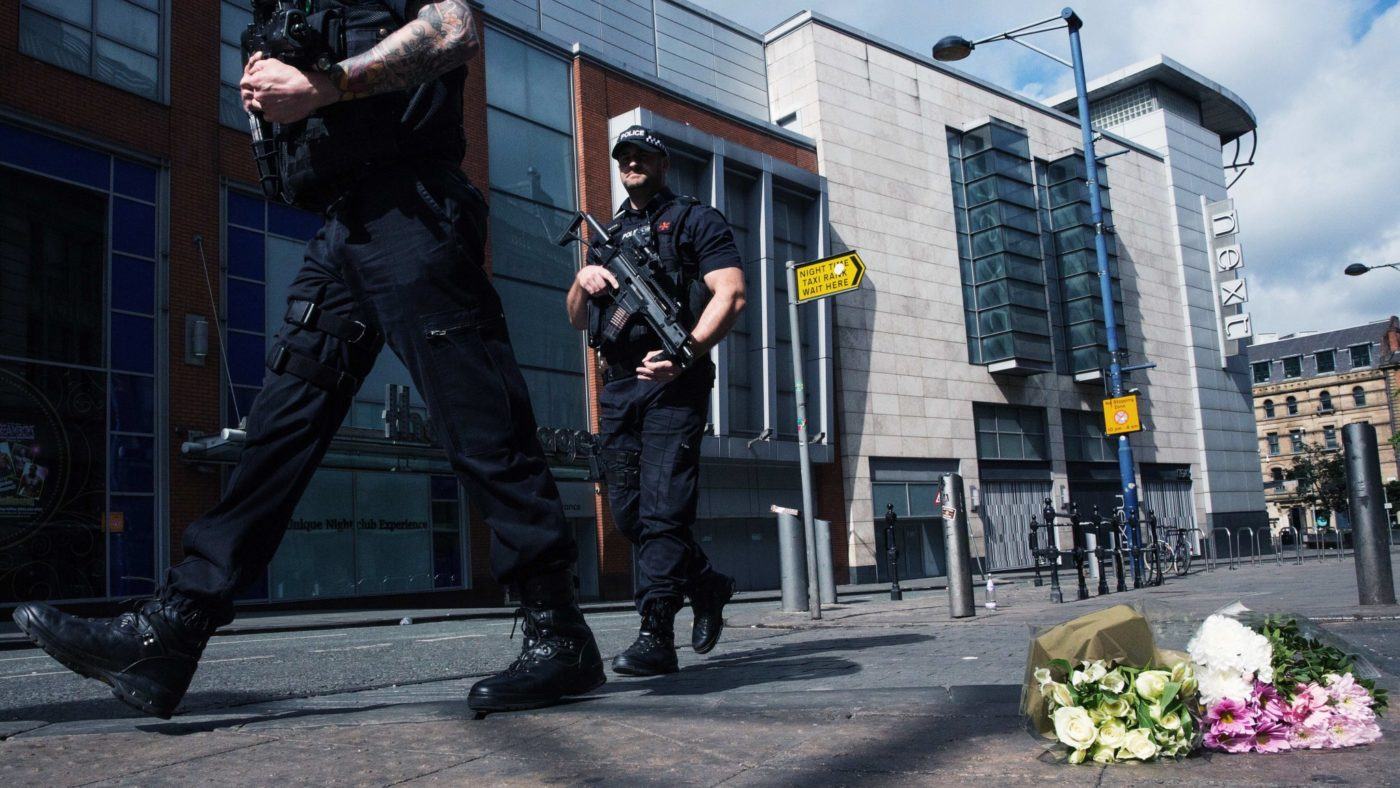There is a sense of shock and outrage in the aftermath of the terrorist attack in Manchester.
We see young lives destroyed and ISIS gloating. We all have a dread and a fear that terrorism has become part of our way of life and that the future is bleak.
These feelings are natural and I share many of the misgivings. But, even at such a time, we have a duty to put what has happened in a proper perspective.
The attack in Manchester is a sign of terrorist weakness, and of their ultimate failure, not of their strength and likely success.
When al-Qaeda struck at the Twin Towers in New York in 2001 we witnessed a highly sophisticated attack. The terrorists, simultaneously, had hijacked several aircraft and crashed them into multiple targets including the Pentagon in Washington.
In London in 2005 Britain experienced its worst terrorist attack so far, with 54 deaths and hundreds of injuries, as several highly trained fanatics made co-ordinated attacks on the London Underground and bus services.
I, and many others, feared that this was to become the pattern of the future. That is what both al-Qaeda and ISIS intended. There have been a number of such plots over the years. As I argued on CapX in the wake of the Westminster attack, because of the professionalism of our intelligence agencies and security forces, they have so far not succeeded.
Instead, we have had a number of radicalised individuals murdering in a random manner using the crudest of weapons.
Four years to the day before this Manchester attack, the murder of the soldier Lee Rigby, by driving a vehicle into him, involved little skill or ingenuity. The attack by a lone individual on Westminster Bridge in March also involved the use of a vehicle. In that case, the terrorist was armed only with a knife – not with automatic weapons.
The situation is still unclear. But the most likely scenario is still that the Manchester bomber was a loner, or part of a small and probably self-starting cell.
Yet whether this attacker (or attackers) was acting on their own initiative, or under some sort of instruction from international terrorists, they do not represent an existential threat to Britain or to its security. Rather these attacks are mindless, anarchic incidents, carried out for the publicity they will receive in a free society. They are terrible events but they do not make it any more likely that the terrorist organisations will ever achieve their strategic objectives.
There is also the question as to whether more can and should be done to prevent radicalised loners from being able to carry out such attacks and cause multiple deaths.
Potential targets such as national government buildings or other sensitive places can be protected. Many have been and that is, in part, why the terrorists are now focusing their interest on any open space or building where the public congregate.
It is neither possible nor desirable to try and turn concert halls, football stadiums or railway stations into fortified enclosures with security of a kind that we now accept at our airports.
It is not just the cost that would be involved. It would also destroy our free way of life and our liberty. That would be a real victory for the terrorists.
The key to preventing or minimising such loner attacks is to have such people on the radar screen of the security services in advance. It will not always be possible, but often the signs of their radicalisation exist if they can be identified. That enables them, if the evidence is available, to be subject to surveillance and their use of the internet intercepted.
Much of that is already happening which is why such terrorist attacks have been relatively rare. Allowing legal, and properly authorised, interception of e-mails, Facebook and other social media used by suspected radical extremists, is a reasonable way of stopping many of these terrorist attacks in advance of lives being lost.
It is a small price to pay in defence of our lives and our liberty.


